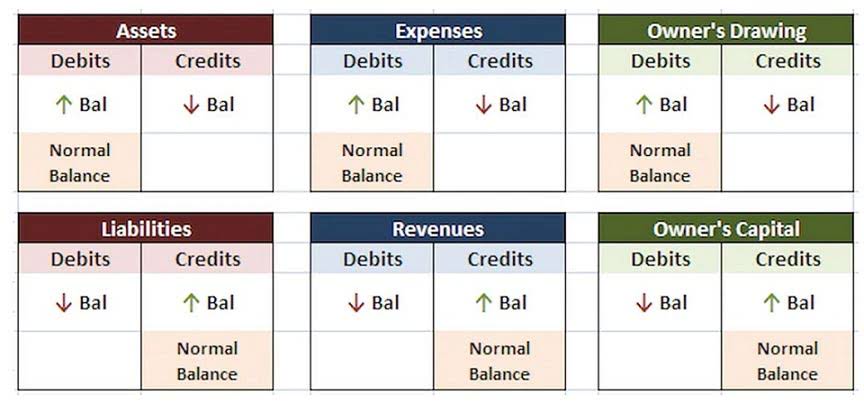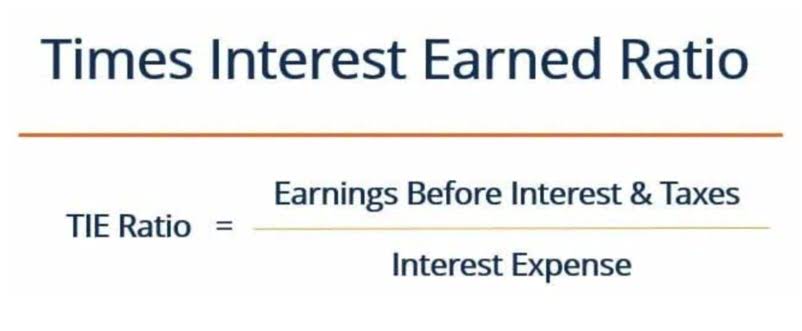Real Estate Investment Accounting Software

Development accounting ensures that they remain on budget, optimize resources, and achieve profitability. Real estate accounting caters to a broad audience, each with distinct needs. Property owners require it for financial oversight, while real estate professionals leverage it for strategic planning. Real estate companies, on the other hand, use accounting to fuel organizational growth. NerdWallet independently reviews accounting software products before determining our top picks. We collect the data for our software ratings from products’ public-facing websites and from company representatives.

Accurate Reporting Procedures
Advanced software solutions offer features for organizing meetings. For real estate professionals, financial review meetings are indispensable. Accurate meetings drive informed decision-making and business optimization. Ultimately, financial review meetings ensure that all stakeholders remain informed.
- Keep detailed records of all transactions to support your financial statements and tax filings.
- Advanced software solutions offer features for synchronized budgeting.
- Software solutions like QuickBooks accounting software help simplify your bookkeeping tasks, automate processes, and ensure accuracy.
- But as you gain units, you will likely want to begin using one “management” account for simplicity.
- According to Bankrate, around 70% of rental properties are owned by individual investors, yet many lack a clear financial strategy.
- Accurate petty cash tracking drives financial transparency and stakeholder trust.
Track Income and Expenses
- Understanding criteria, accurate calculations, and prompt payments are key for individuals with irregular income.
- Managing tenant leases is foundational for property management firms.
- It’s essential for businesses to regularly review their financial statements for IFRS compliance.
- This practice not only simplifies bookkeeping but also helps you maintain a clear financial picture of your real estate ventures.
- Training sessions offer insights into feedback collection techniques.
- Real estate bookkeeping is a critical task that goes beyond mere number-crunching to provide a framework for robust financial health and informed business strategies.
Ultimately, accounting forums ensure that businesses remain connected with the industry. Modern accounting tools offer features that streamline real estate accounting. This involves implementing real-time data syncing, using advanced reporting features, and integrating with property management software. This method offers a more accurate picture of a property’s financial health. Understanding accrual accounting is foundational for real estate professionals aiming for accurate financial reporting.
Trust Account Software for Real Estate: A Must Have Tool for Compliance

In short, real estate bookkeeping 101 is an essential part of running a successful real estate business. Neat and organized financial records are more than just a compliance measure; they bookkeeping for real estate investors are a strategic asset. Bookkeeping data plays a vital role in evaluating property investments, budgeting for renovations, and assessing the profitability of rental properties. In the dynamic world of property and investment, many real estate professionals often underestimate the significance of structured accounting and bookkeeping.

Further Reading: Unlock success with real estate bookkeeping!
- Accurate management ensures that businesses operate within budget and maximize profitability.
- Automation also ensures that data remains consistent across various reports and statements.
- These savings come from several areas, including reduced need for in-house accounting staff, less expenditure on training and accounting software, and decreased risks of costly errors.
- This holistic approach ensures that the entire business operates cohesively and efficiently.
- Stakeholders rely on reconciled data for trust and decision-making.
- Regular forecasting sessions can help in adjusting strategies as market conditions change.
- Tools like QuickBooks and Xero are popular among real estate professionals, offering features such as automated receipt tracking, expense management, and financial document storage.
Accurate showcasing ensures that businesses present a strong financial image. It’s a critical aspect of successful real estate accounting that enhances market reputation. Transparent financial reports provide stakeholders with clear insights into QuickBooks a business’s financial health. Good real estate accounting practices ensure accurate and comprehensive reporting. Regular reviews, audits, and adherence to accounting standards are essential components. Training sessions and advanced software solutions can further enhance transparency.
How Can Fincent Make It Easy for You To Manage Your Real Estate Bookkeeping?

For real estate professionals, understanding profitability and ROI is crucial for investment decisions and business optimization. The real estate industry is dynamic, with changing regulations, market trends, and best practices. Continuous professional development ensures that real estate professionals remain updated and relevant. Regular training sessions, workshops, and seminars provide insights into industry changes and best practices. They ensure that real estate professionals are equipped to handle the industry’s unique challenges.
Differentiating between industry-specific guidelines ensures accurate and standardized financial reporting. Enhanced accounting is the cornerstone of a successful real estate business. By refining bookkeeping practices and staying updated in the industry, businesses can achieve Record Keeping for Small Business unparalleled financial clarity. Embracing technology and collaboration further amplifies this clarity. Every property transaction, whether an income or expenditure, must be accurately recorded. Proper documentation of these transactions is the cornerstone of successful real estate accounting.

